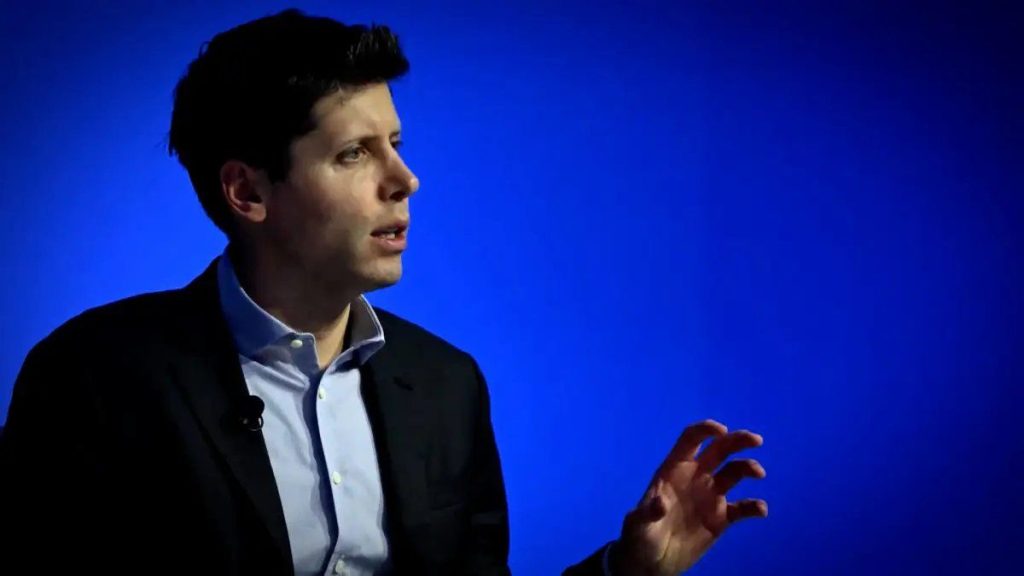OpenAI CEO Sam Altman has delivered a sharp reversal of his previous stance on AI hardware, now asserting that the computers we use today are fundamentally ill-suited for a world increasingly dominated by artificial intelligence.
Speaking on a recent podcast with his brother Jack Altman, the OpenAI chief plainly stated, “Current computers were designed for a world without AI. And now we’re in like a different world, and what you want out of hardware and software is changing quite rapidly.” These comments challenge the previously endorsed statement by Altman, where he stated that software advancements alone would suffice for the rise of sophisticated AI.
Altman’s updated perspective stems from the rapidly escalating demands of modern AI applications. He envisions a future where computing systems are not just more intelligent, but significantly more “aware of their environment” and capable of understanding “more context in your life.” This hints at a move beyond the familiar interfaces of screens and keyboards.
Hence, if AI needs to be contextually aware, the computing infrastructure needs to evolve at a rapid pace. The current computing infrastructure struggles to support the heavy computational workloads and unique processing needs of advanced AI models, especially as they grow in complexity and context awareness.
OpenAI already working on next-gen AI device
Altman’s comments also shed light on OpenAI’s collaboration with former Apple Chief Design Officer Jony Ive. Following OpenAI’s acquisition of Ive’s AI device startup, the duo is reportedly developing a revolutionary gadget. In a video, Altman said that it will be a pocket-sized, screen-free “third core device,” designed to complement rather than replace smartphones and laptops. This could technically replace the smartphone as we know it, thus pushing us into a new era of AI computing.
While the device could ship as early as late 2026, Altman acknowledges that users will need time to adjust to trusting AI systems with deep personal context and judgment.


